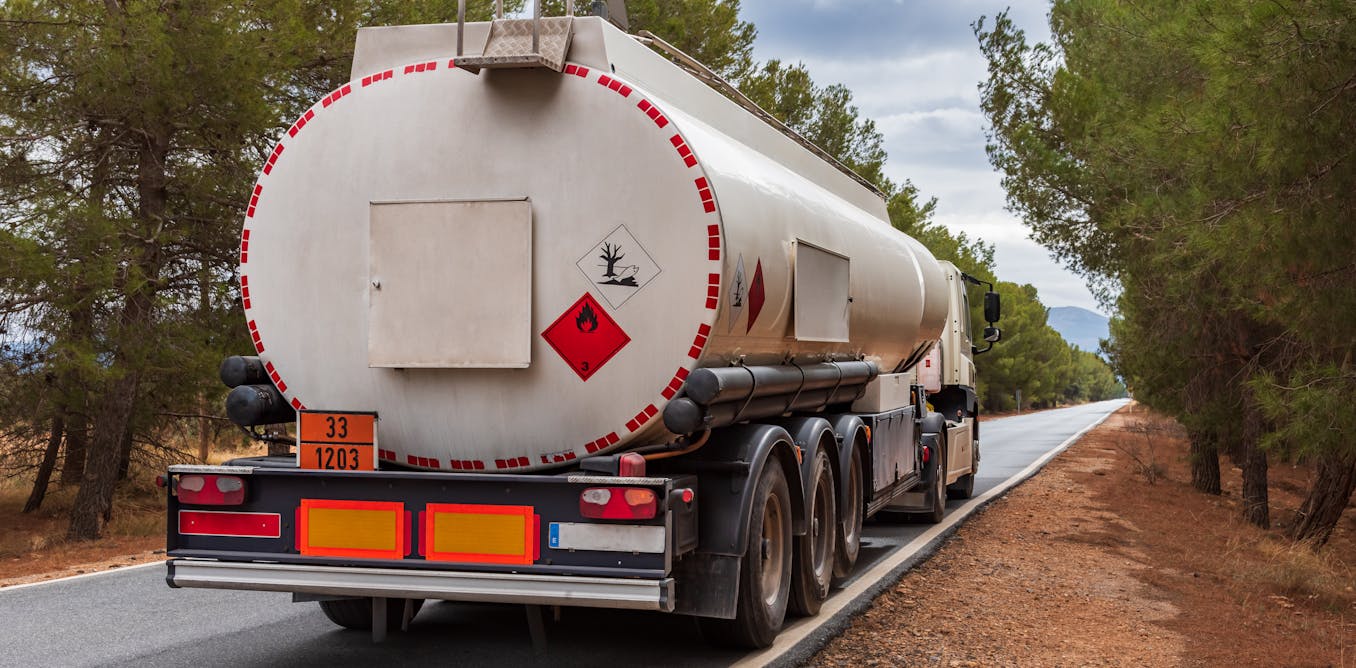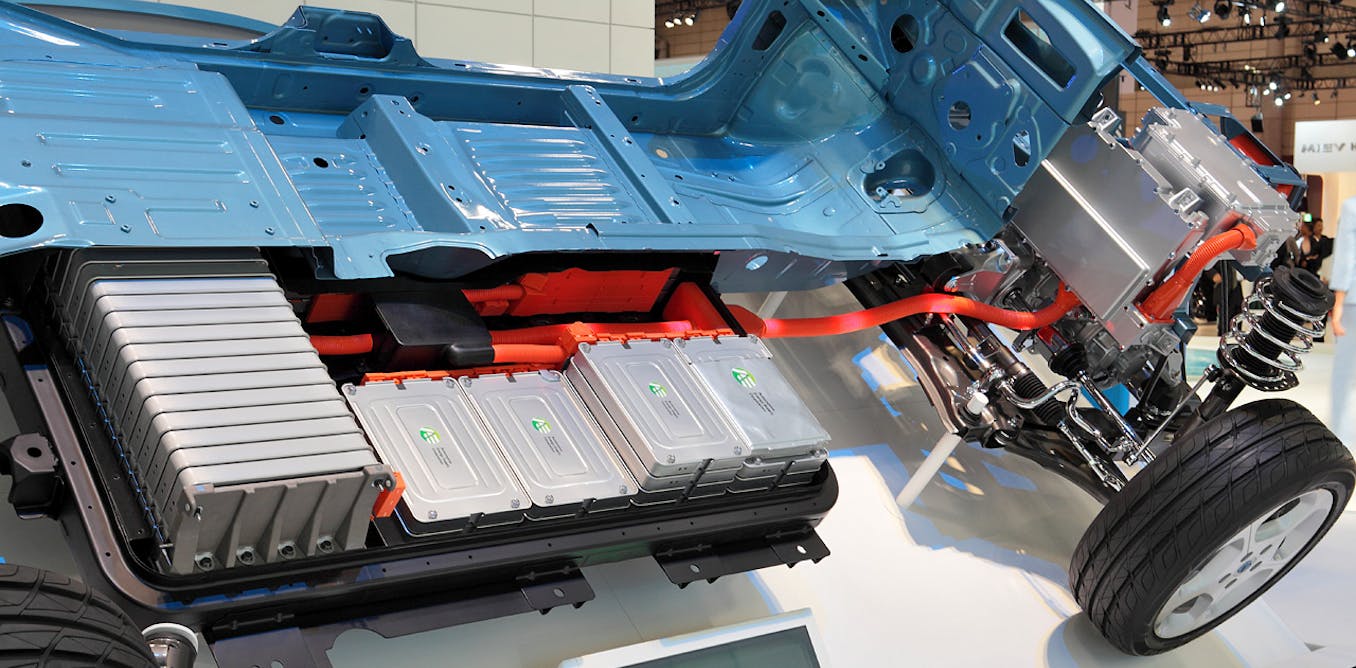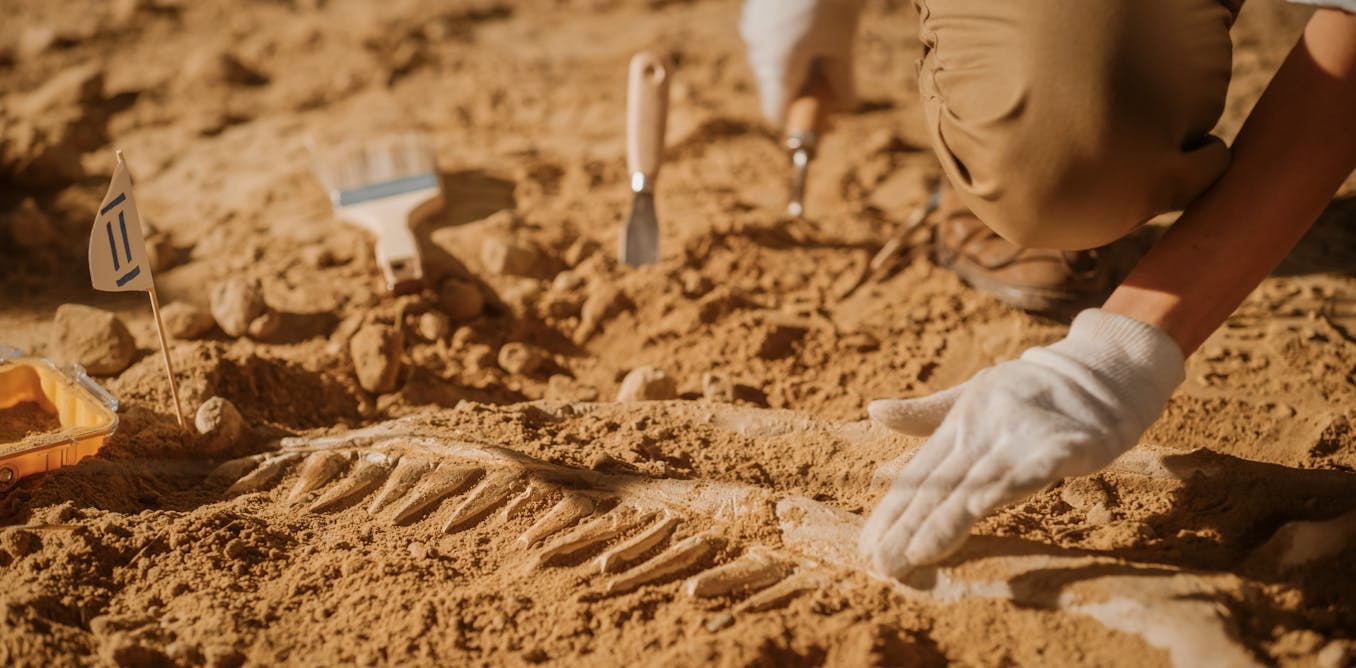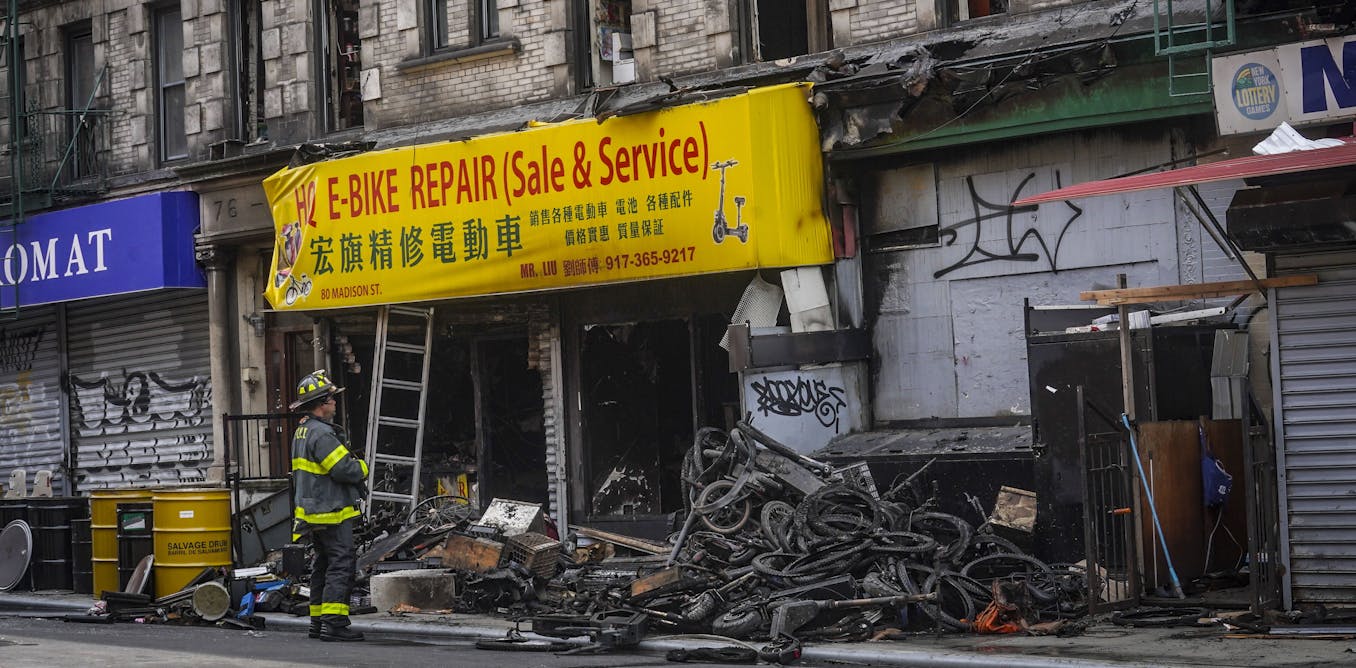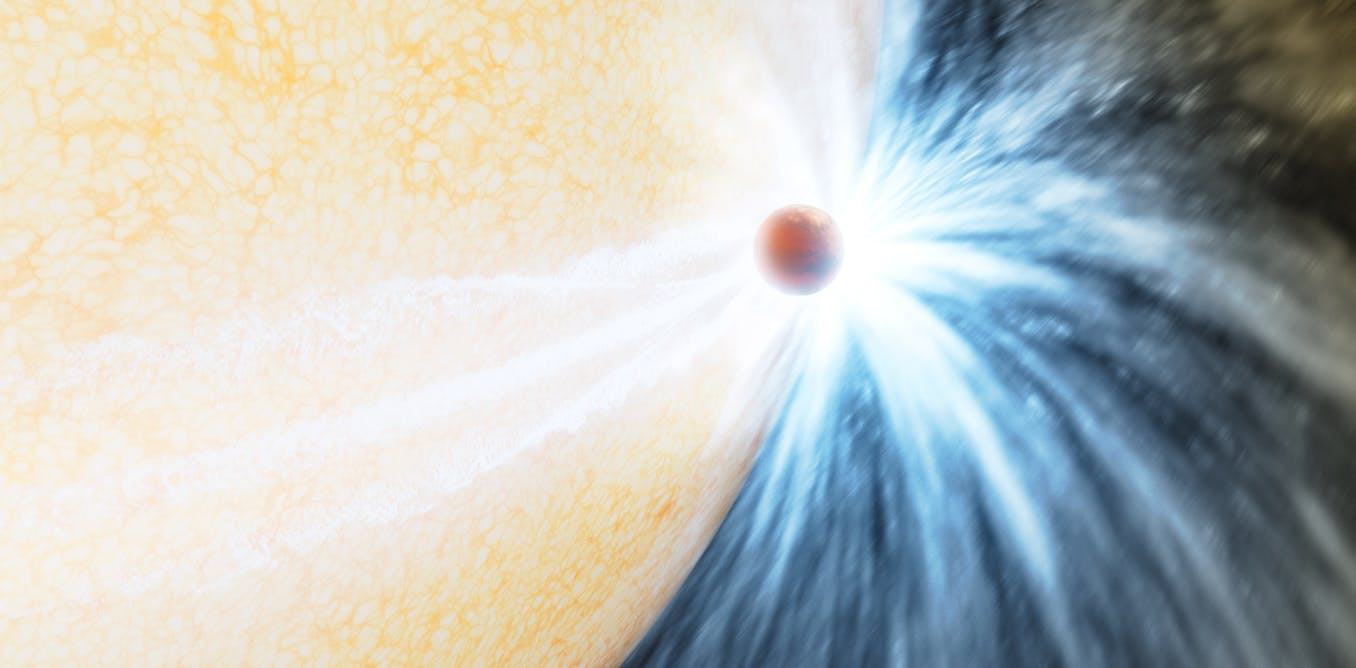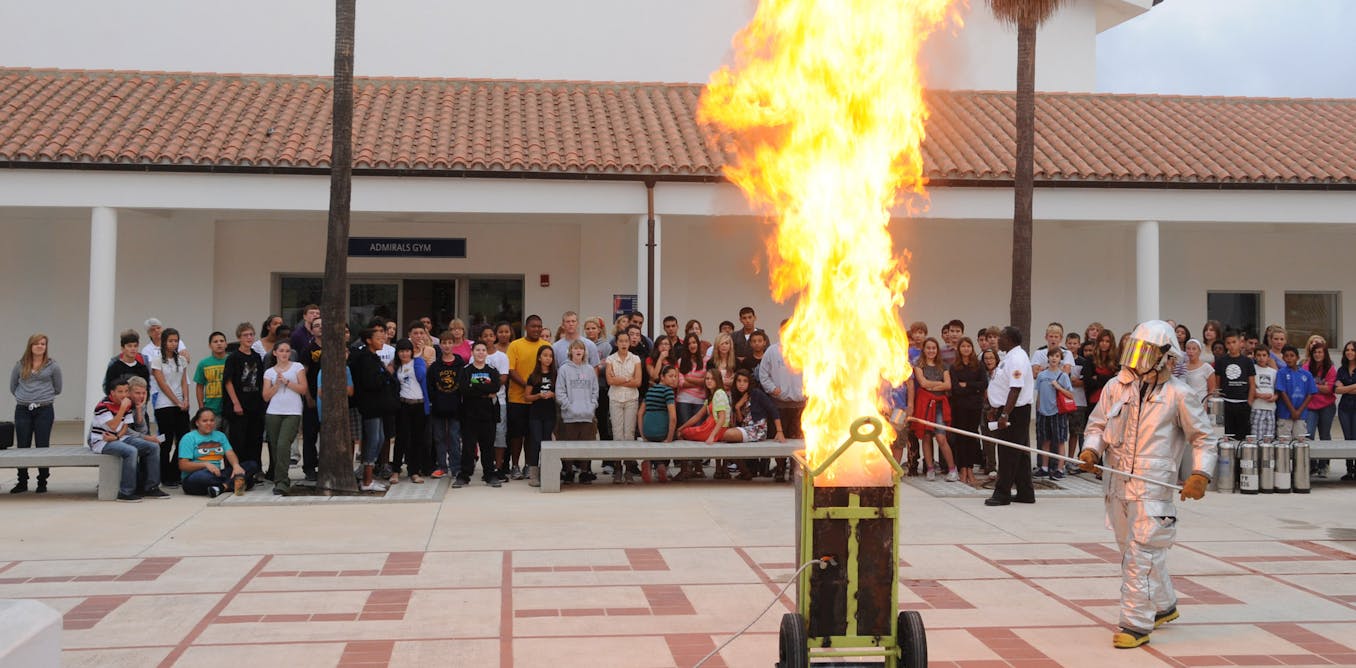Transporting hazardous materials across the country isn’t easy − that’s why there’s a host of regulations in place
Nobody wants to see an accident involving flammable, corrosive or radioactive material. But understanding the rules put in place to prevent these accidents isn’t easy.
April 22, 2024 • ~7 min

